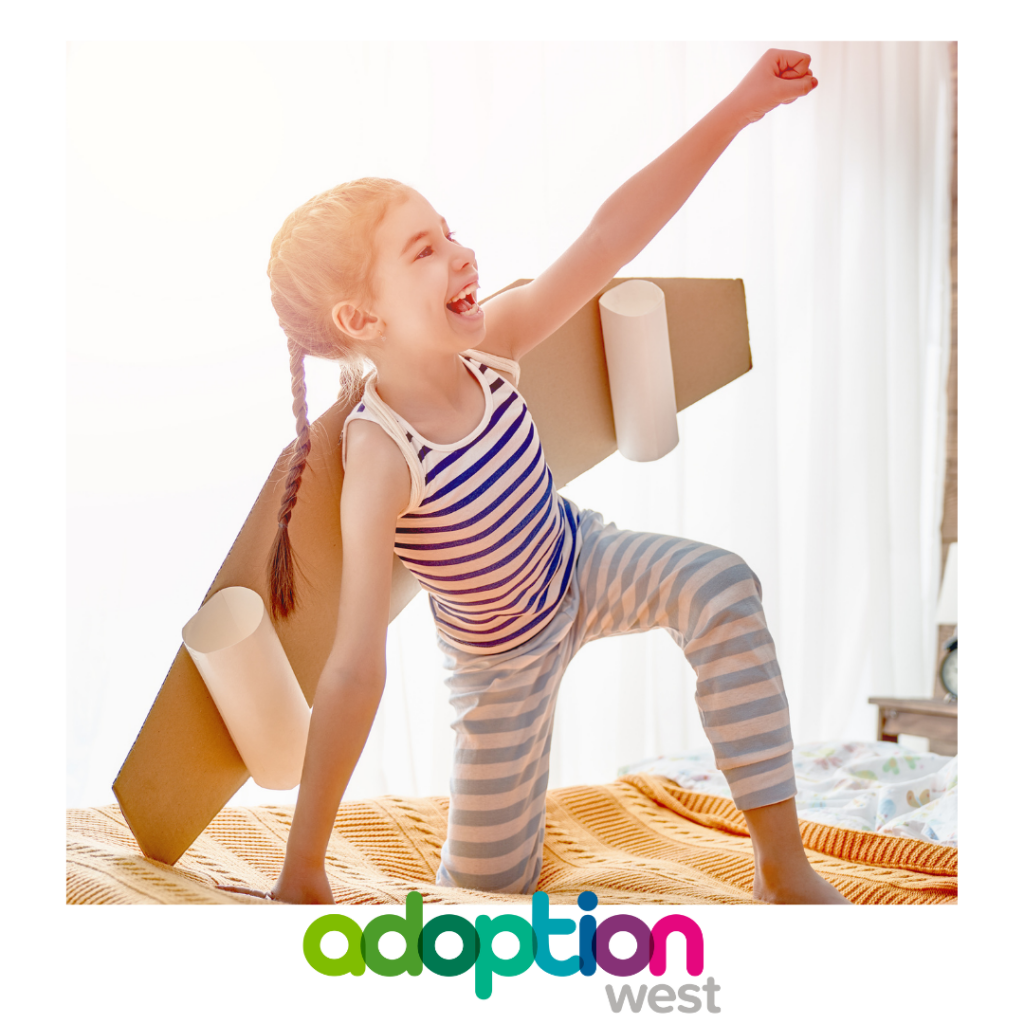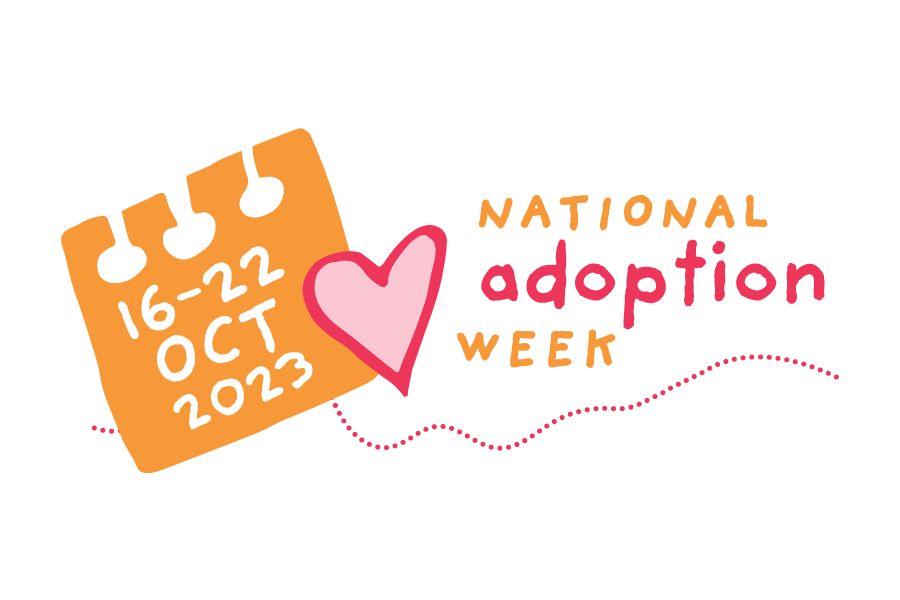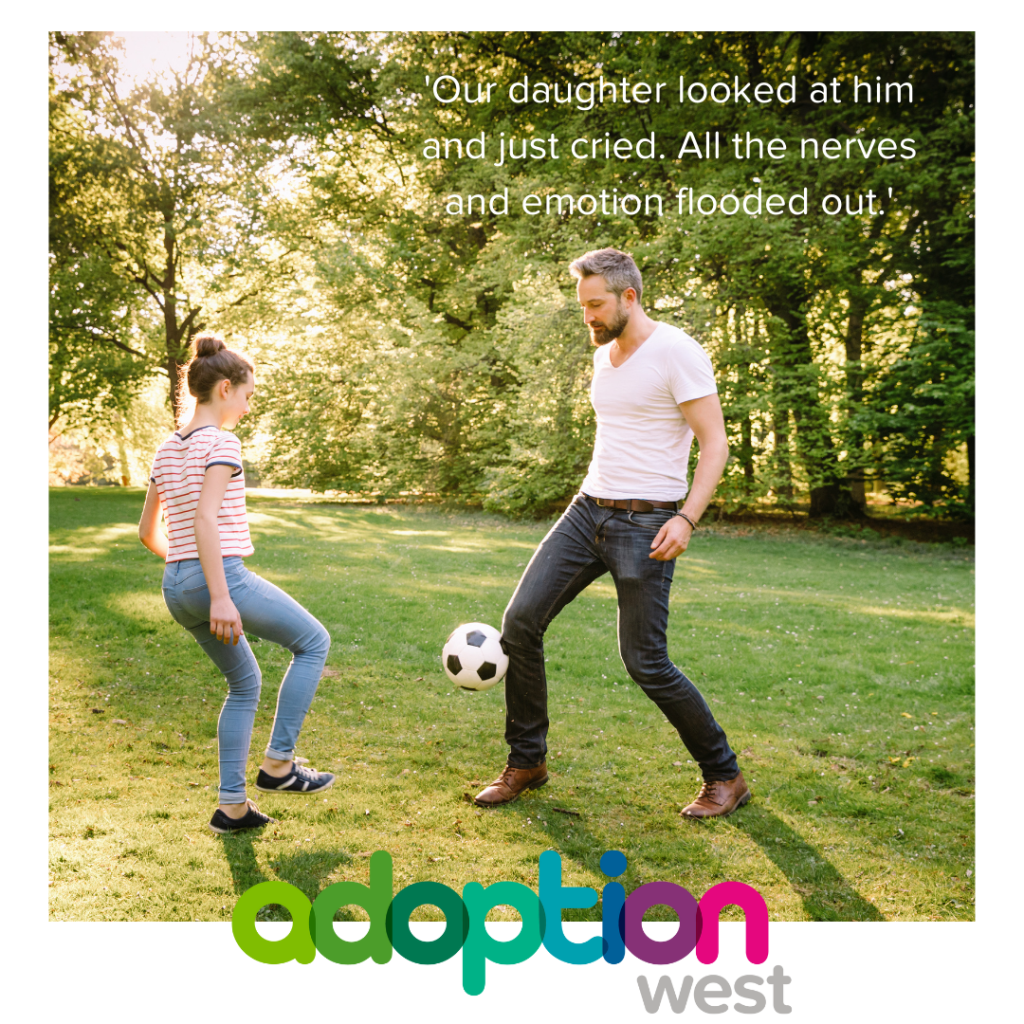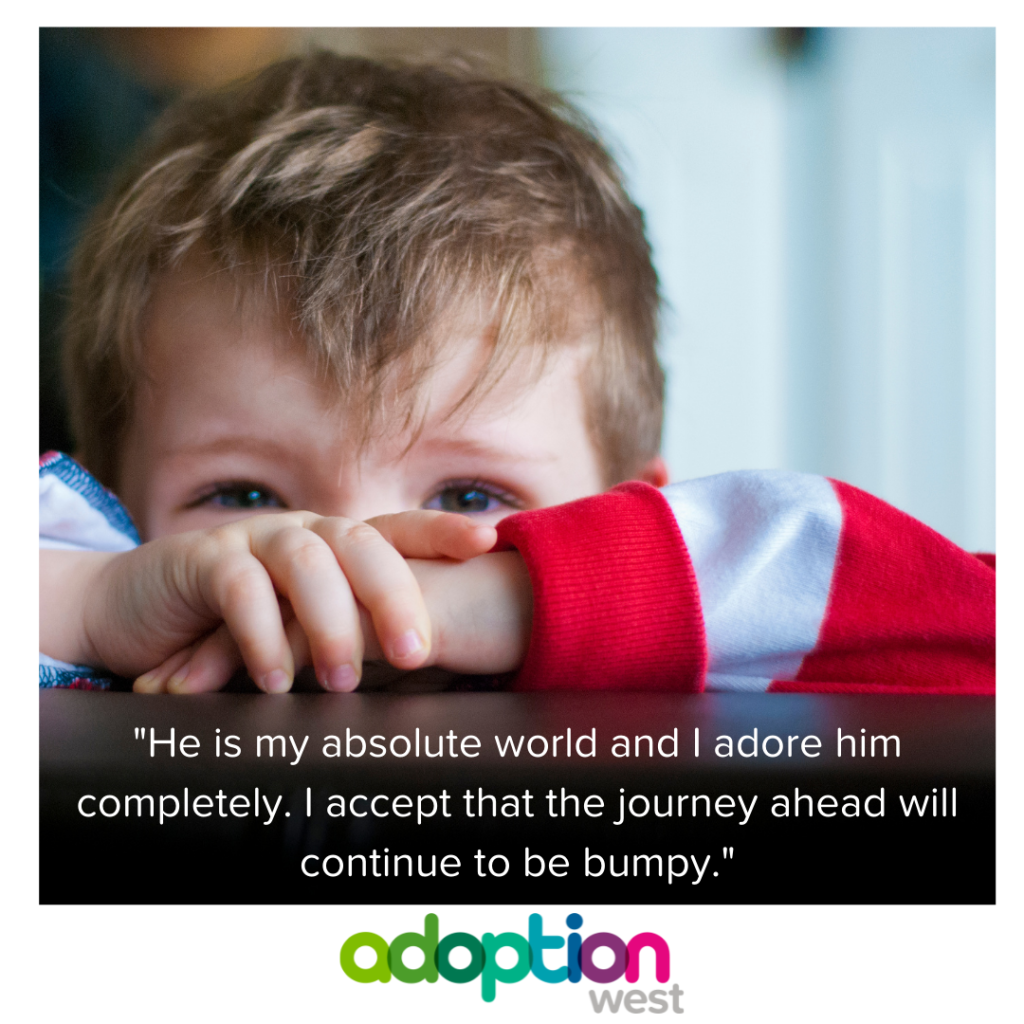In the world of adoption we often talk about a cohort of children that take longer to find their forever home, within this group are the so called ‘older children’. However, this is a bit of a misnomer, by older we generally mean over the age of four years – which when you give it some thought isn’t really that old at all! Still very much a child, still very much in need of a permanent, stable and loving home. This piece was given to us by an adopter of an ‘older child’ and discusses just how wonderful and amazing that journey can be. Our sincere thanks to the adopter for sharing this (some details have been changed to protect the family’s identity).
The benefits of older age adoption
Like many prospective adopters, we started our journey thinking we’d like to adopt a younger child so we could make a difference as early as possible. Over the next five years, we gradually shifted our focus to older children before being matched with an eight-year-old girl in January. We’re so pleased we did.
Over the past few months, we’ve discovered there are many practical and emotional benefits with older age adoption.
Practical realities
One of the reasons we started exploring older matches was that we felt we were too old to be changing nappies or potty training at the age of 50. By the time a toddler reaches 20, we’ll be retiring.
Our daughter’s very energetic, but we can easily keep up with her on walks and bike rides. And we don’t look like we’re her grandparents on the school run.
Emotional connections
Introductions and transitions are different with older children. We saw how confusing it was for our daughter’s younger brother (aged 2½) whereas she knew what was happening and why.
From our first phone call she’s been very clear that she’s calling us Mummy and Daddy. She’d spent two years in foster care waiting for her family to be found. Once it was, she was determined to make the most of it.
Our daughter has been incredibly helpful by sharing her birth family experiences with us. This really helps us and our support workers understand her better. We can adapt our parenting to meet her needs because she’s telling us what they are.
Although she’s already eight, there are still plenty of ‘firsts’ to discover together: the joy of her first play date after school; the first time she’s had grandparents taking an active interest in her. Her first birthday party is coming up.
Our daughter’s old enough to compare life in her birth family with our family, even though it can be painful for her to do so. Although she sometimes reminisces about her birth family, she’s fully aware that it wasn’t safe and she wasn’t being looked after.
Older age adoption has its challenges, but it also has incredibly rich rewards. Our daughter’s told us several times, “I wish I’d been with you last Christmas.” Moments like this are heart-warming indeed.









